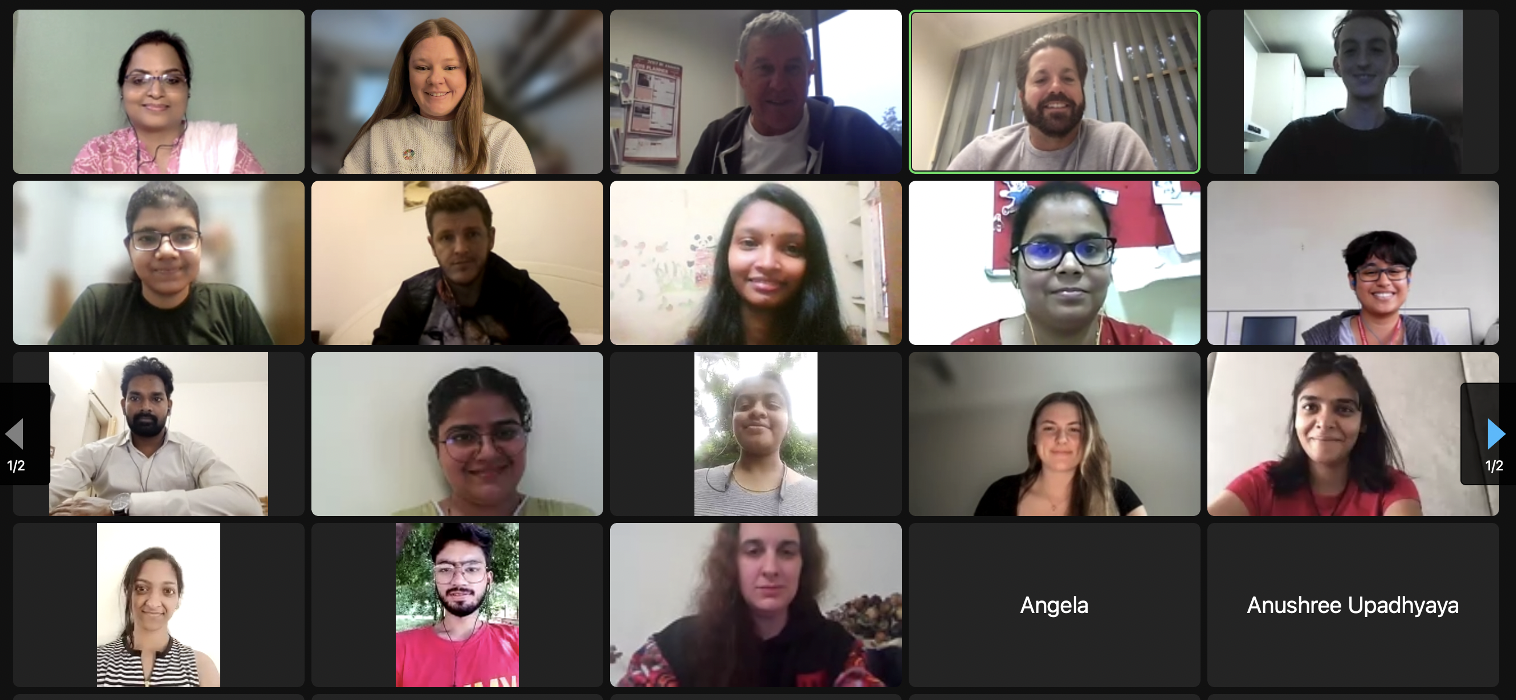RCE Greater Western Sydney and RCE Lucknow Partner on Virtual Program on Land and Water Conservation
 The 'Australia-India Land and Water Conservation Virtual Program' was an 8-week online program that was co-led, co-designed and co-taught by staff from Western Sydney University's Sustainability Education (RCE Greater Western Sydney) with academics from the School of Science, in partnership with the Centre for Environmental Education (RCE Lucknow) and the Australia-India Water Centre.
The 'Australia-India Land and Water Conservation Virtual Program' was an 8-week online program that was co-led, co-designed and co-taught by staff from Western Sydney University's Sustainability Education (RCE Greater Western Sydney) with academics from the School of Science, in partnership with the Centre for Environmental Education (RCE Lucknow) and the Australia-India Water Centre.
The program, which concluded in August, focused on farming practices, water challenges and conservation systems, through a sustainability lens and the SDGs, and supported 30 STEM university students with the opportunity to work together to explore transdisciplinary approaches to farming systems.
The overarching learning outcomes were for students to:
- Develop an understanding and appreciation of sustainability issues and complexity as they relate to concerns of farming practices in Australia and India.
- Interpret and critically investigate real agricultural issues linked to poverty, hunger, livelihood, biodiversity and climate change in view of Sustainable Development Goals (Goals 2, 10, 13 and 15).
- Identify needs of education and action through a virtual research project in a small student team.
Western Sydney University science undergraduate students buddied up with Indian STEM undergraduate and postgraduate students (representing 18 different partner universities across India through various partnerships) as part of the program. Student teams worked together on mini comparative desktop virtual research projects, producing a video presentation and written summary. Their learning was supplemented with bi-weekly expert discussions on various sustainability topics, e-learning resources for further self-led exploration, and informal peer-to-peer cultural activities (such as biodiversity-related games, a virtual cook-off, sharing bucket list travel destinations, cultural dance performances linked to women, water and climate, and a student talent show).
The program proved to be an extremely rich learning collaboration for both RCEs, the stakeholders and students involved, and is a model for other RCEs to potentially use and leverage. It is clear from student feedback that bringing students together from different contexts was a major benefit to their learning and development, as was exploring sustainable agriculture from varying cultural, social, economic, historical, technological, and environmental perspectives.
Students developed an understanding and appreciation of the complexity of sustainability as it relates to agriculture in varying global contexts, linked to poverty, hunger, livelihood, gender, culture, biodiversity, water, and climate change in view of the SDGs. The virtual mobility program was funded by the Australian Government's New Colombo Plan Mobility Program.
(Photo source: RCE Greater Western Sydney)


